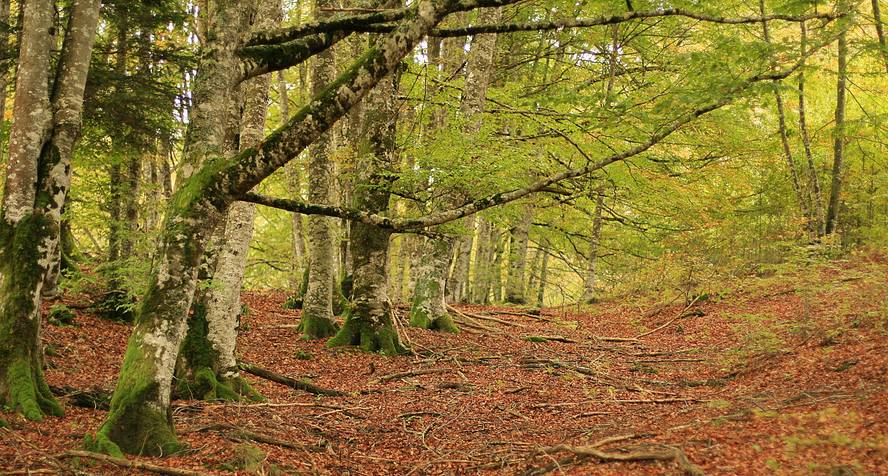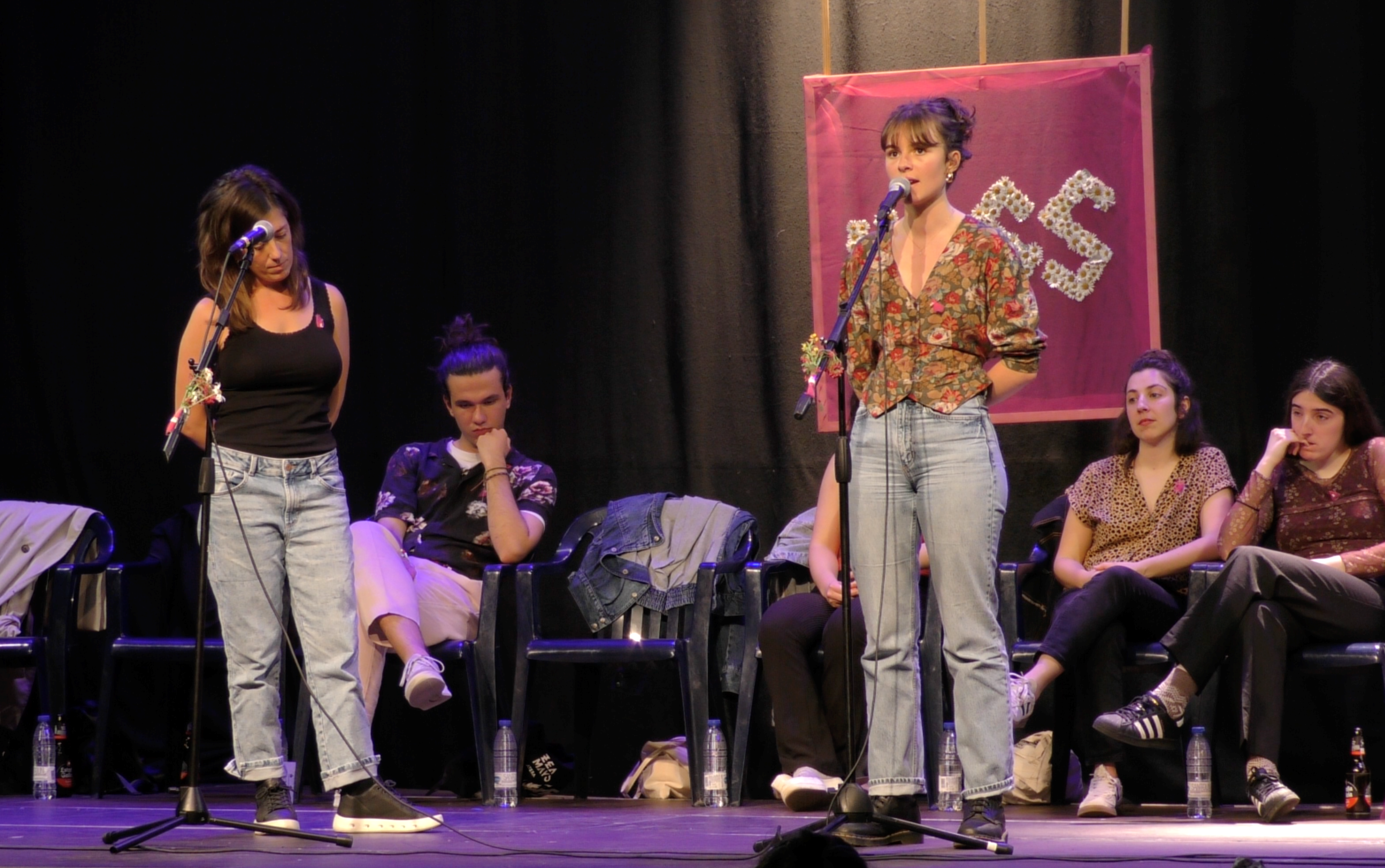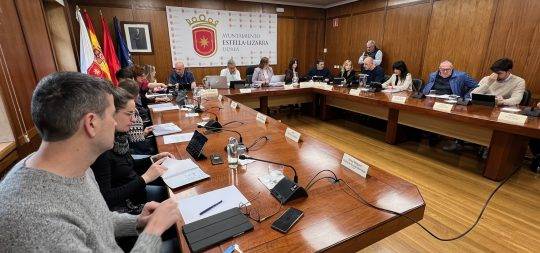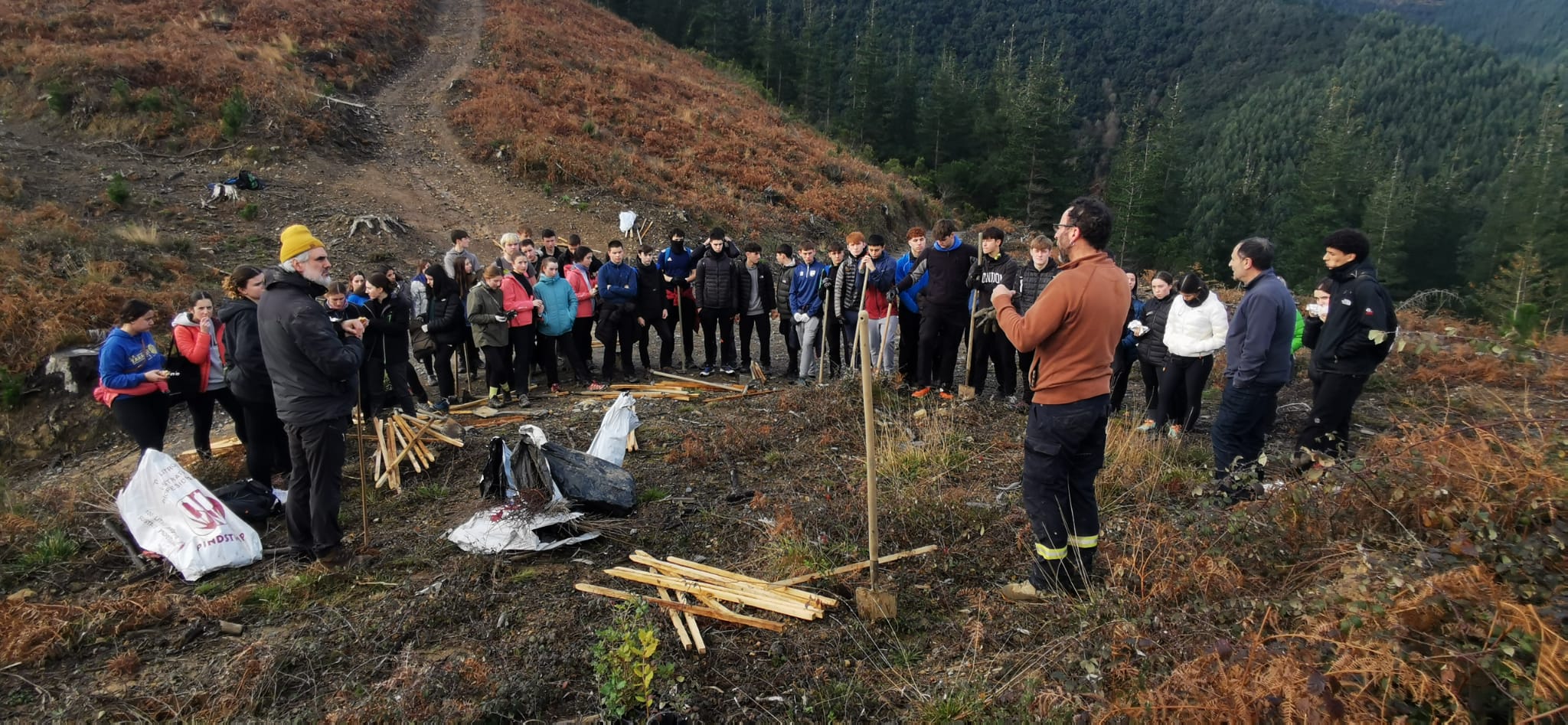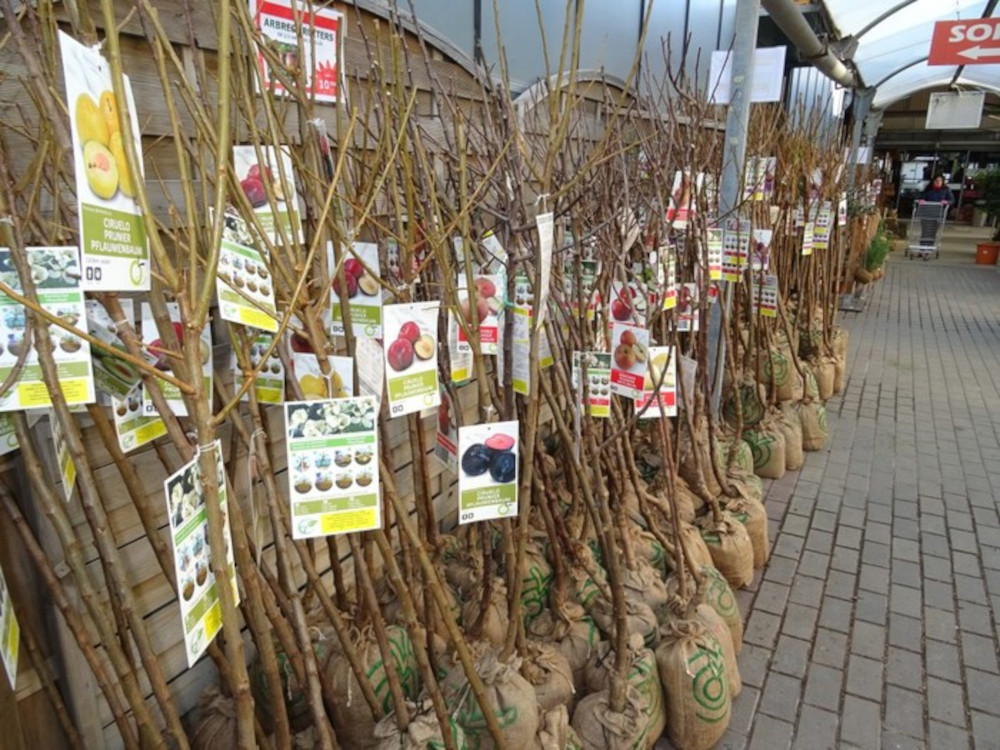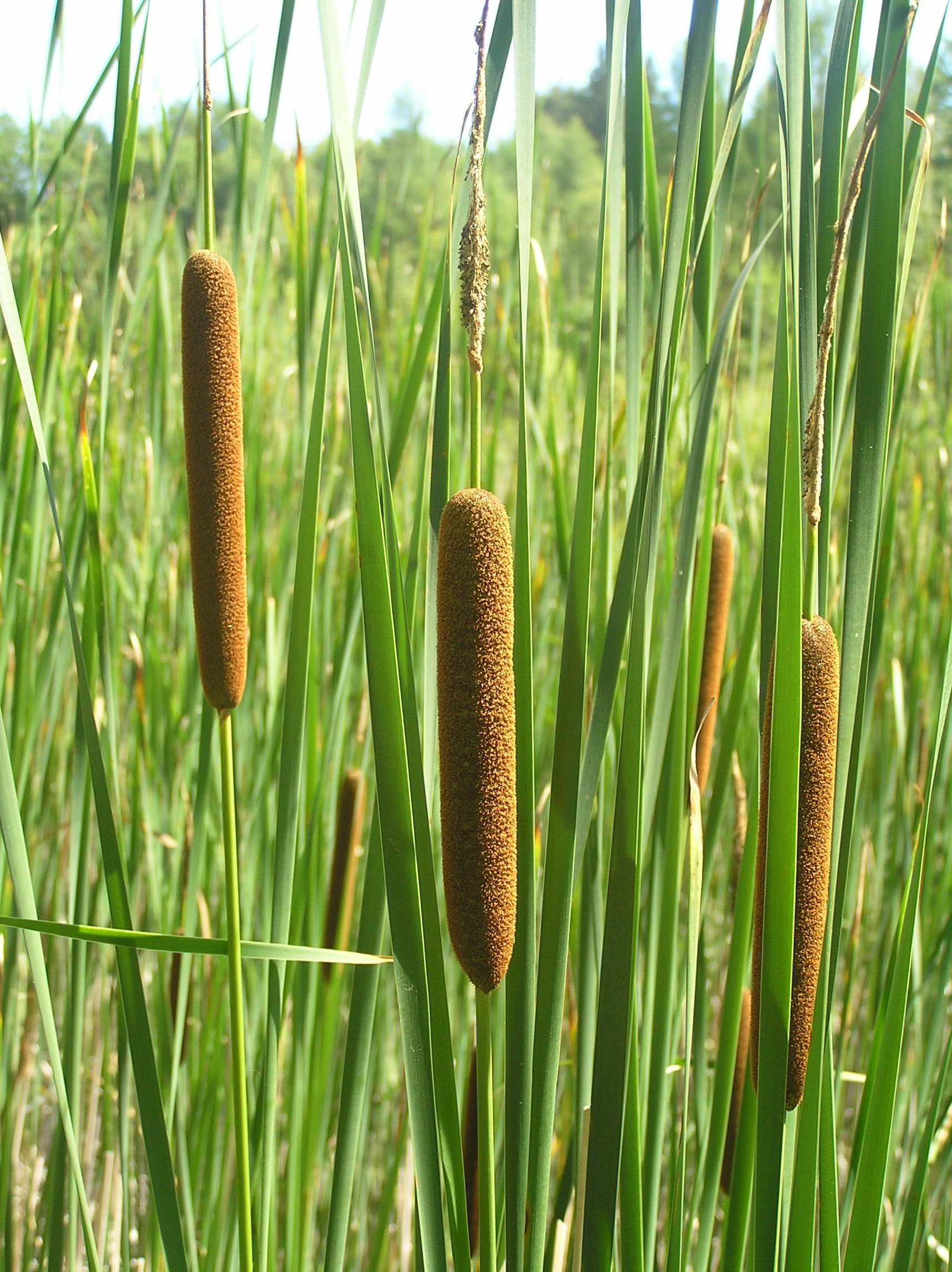"In municipalities where motions have not been approved, monoculture has even advanced by planting eucalyptus"
- The Baso Biziak platform, since its creation in 2021, has so far made an assessment on April 22 at Elgeta. Throughout this tour motions about the new forestry model have been presented in different municipalities and in 2021 a guide of municipal motions was elaborated to serve everyone who wants to work in this way. Now the path that the motions in the municipalities have taken and are at the gates of the elections has been made known, it has been recalled that turning territory into a common good is "life insurance for future generations" and that public institutions "must be subject to public functions, not private interests". The 18 Live Forest groups have already planted 43 hectares of land with native species.

The Baso Biziak platform has presented in the municipalities four types of motion in Gipuzkoa, Bizkaia and Araba: those that demand the prohibition of eucalyptus, those that establish the moratorium of eucalyptus, those that promote the purchase of land by the city council and the multiple that can be included in the general bag "others". Thanks to this initiative, eucalyptus plantations have been banned in the municipalities of Bergara, Antzuola, Itsasondo, Oiartzun, Oñati, Usurbil, Atxondo and Amurrio in the CAPV. The moratorium on eucalyptus has been approved in Zumaia, Ordizia, Legorreta, Ataun and Ikaztegieta. The municipalities of Hernani, Olaberria, Lazkao, Orendain and Baliarrain, Ea, Mañaria and Larrabetzu approved the purchase of land.
The municipalities that have denied the motions are: Eibar, Mutriku, Elgoibar, Busturia, Bermeo.
Baso Biziak states that "the generally accepted motions have fulfilled their role and in municipalities that have not approved monoculture has advanced without any obstacle, even planting eucalyptus". The neighbors and neighbors of Baso Biziak have highlighted the work they have had to do in the towns, maintaining the relationship with the city council and having "tensions" for the fulfillment of land purchases, prohibitions and moratoria: "Without popular pressures it is easier to look at other public institutions or eat the given word, so the citizens have again been, in collaboration with the city council, a guarantee of compliance with the signed".
Planting 18 groups and thousands of trees of their species on the Living Forests platform
The Baso Biziak platform currently consists of 18 groups and year after year, with the help of its members, have planted indigenous tree species: 17 hectares in the planting season of 2021-22, 5,800 trees of 18 species and in 2022-23, 26 hectares, 9,223 trees of 22 species.
They highlight that they do so in auzolan and that they are supported by local entities such as the Lurgaia Foundation, in most cases municipalities and in some cases by the Provincial Council. As well as other actors, associations, natural groups and local businesses.
"Territory is a strategic capital for citizens and we must make it a common good"
Looking to the future, Baso Biziak will continue to promote another type of forestry: "We know that it is not easy to change inertias and forestalist interests so far, to introduce ourselves to the dynamics of living forests, but Nature itself, together with climate change, will set us in motion a profound reflection, limiting, rejecting obsolete criteria and techniques and prioritizing other values and ecosystem benefits for the whole of biodiversity."
The platform notes that territory is a "strategic capital for citizenship": "We cannot destroy it in the name of short-term private profits. We must make a clear commitment to make the territory a common good, with all the potential that this entails, and be clear that it is life insurance for future generations". That is why it requires public institutions "that responsibilities in the drafting of laws be subject to profit and public function, not to the private interest". They call for a "comprehensive redesign" of the agroforestry sector, proposing "extensive, close, green and sustainable models".
Forest management must be based on scientific, not just productive, criteria.
Baso Biziak highlights the importance of these criteria in protecting biodiversity. It proposes concrete measures for the transition to an autochthonous and biotic forest: regulating and reducing existing monocultures, avoiding new monoculture plantations and limiting and banning matarrase among tree extraction techniques. They also call for indigenous tree plantations to be prioritised and monoculture to be taxed "for the social and ecological costs they generate".
Local public entities call for compliance with the decisions they take in their forestry policies and for the implementation of the Government's Forestry Plan 1994-2030.
Three types of forests
Baso Biziak platform proposes three levels of forest management:
On the one hand, forests for conservation, with ecosystem benefits for water, land, biodiversity, culture and leisure... These forests are natural corridors, green areas of ecological interest, other conservation figures...
On the other hand, the so-called "nearby productive forests". With native species, extensive biomass, fungi and value-added woods would be worked. Single-specific "limited" plantations are acceptable "combined with reduction, reuse and recycling".
Thirdly, edible forests and fruit trees are another kind of mass to consider as providing basic food.
The evaluation they presented in Elgeta can be seen in the following videos:
Aurten "Israel Premier Tech" txirrindularitza talde israeldarra ez da Lizarraldeko Miguel Indurain Sari Nagusia lasterketara etorriko. Berri ona da hori Palestinaren askapenaren alde gaudenontzat eta munstro sionistarekin harreman oro etetea nahi dugunontzat, izan... [+]
Kutsatzaile kimiko toxikoak hauteman dituzte Iratiko oihaneko liken eta goroldioetan. Ikerketan ondorioztatu dute kutsatzaile horietako batzuk inguruko hiriguneetatik iristen direla, beste batzuk nekazaritzan egiten diren erreketetatik, eta, azkenik, beste batzuk duela zenbait... [+]
Festa egiteko musika eta kontzertu eskaintza ez ezik, erakusketak, hitzaldiak, zine eta antzerki ikuskizunak eta zientoka ekintza kultural antolatu dituzte eragile ugarik Martxoaren 8aren bueltarako. Artikulu honetan, bilduma moduan, zokorrak gisa miatuko ditugu Euskal Herriko... [+]
Administrazio Epaitegiak arrazoia eman dio EH Bilduk Lizarrako plantilla organikoaren hizkutnz profilen aurka jarritako helegiteari.
Just as we experienced the flourishing of the Basque Country with the help of the artists, so that this time, taking advantage of their impulses, we continue to make our way together giving the necessary support to the Basque political prisoners, exiles and deportees
The... [+]








